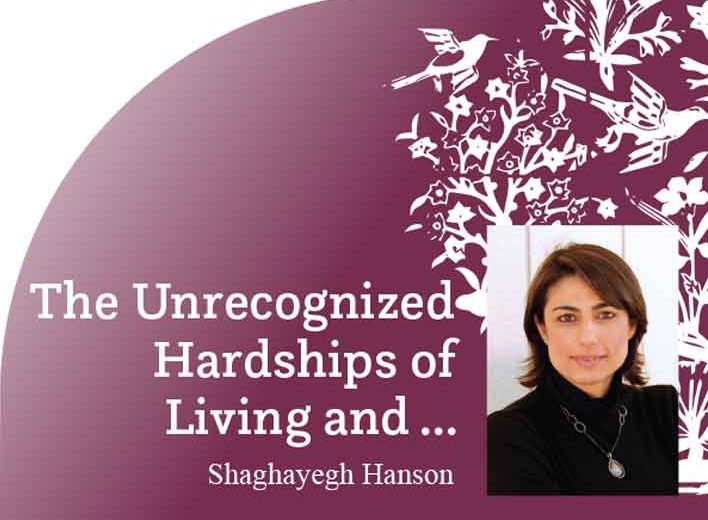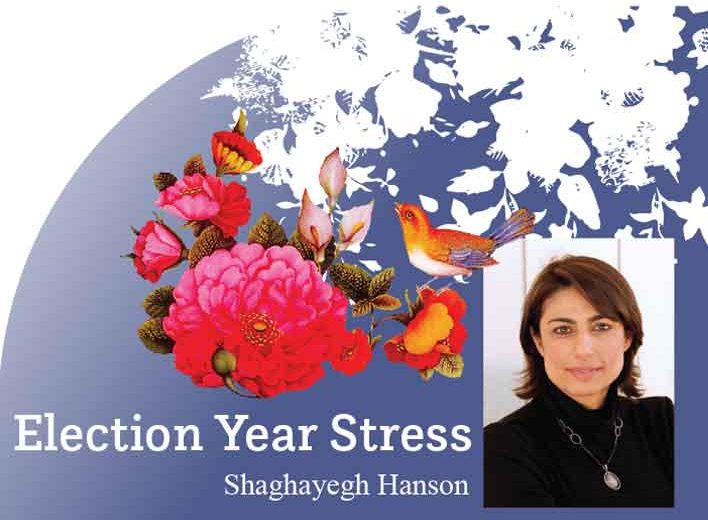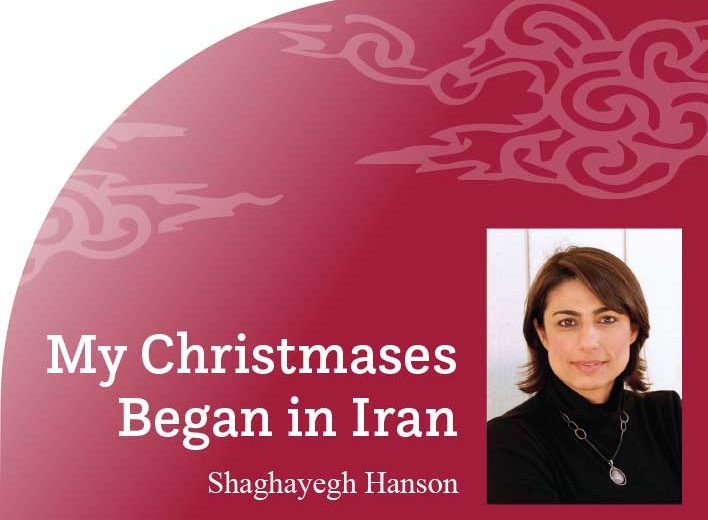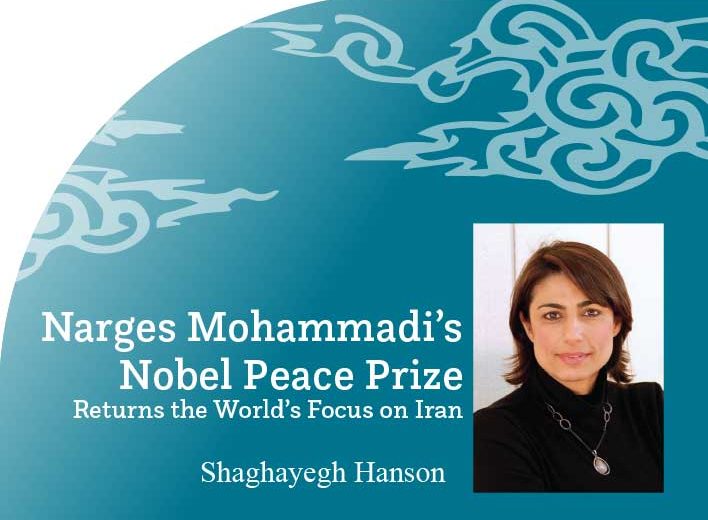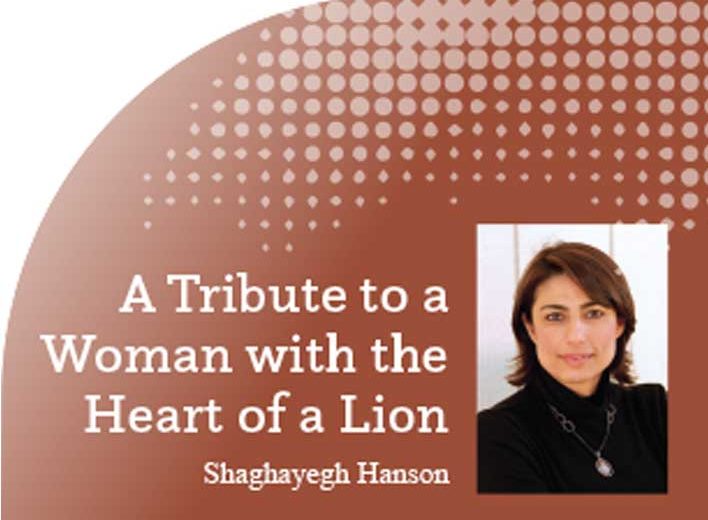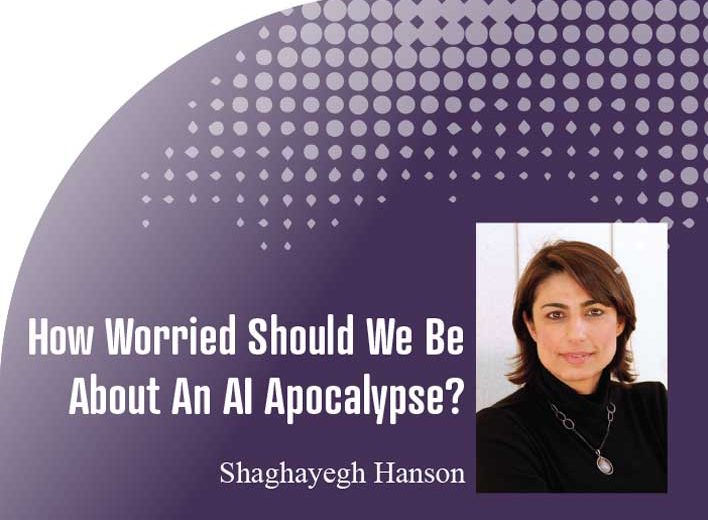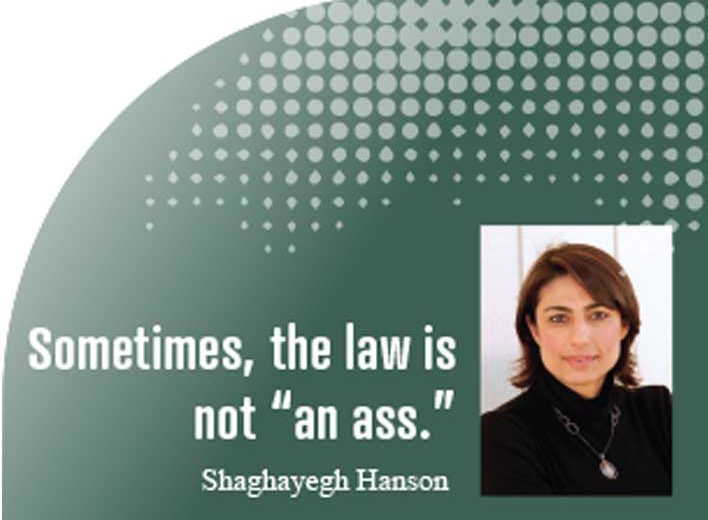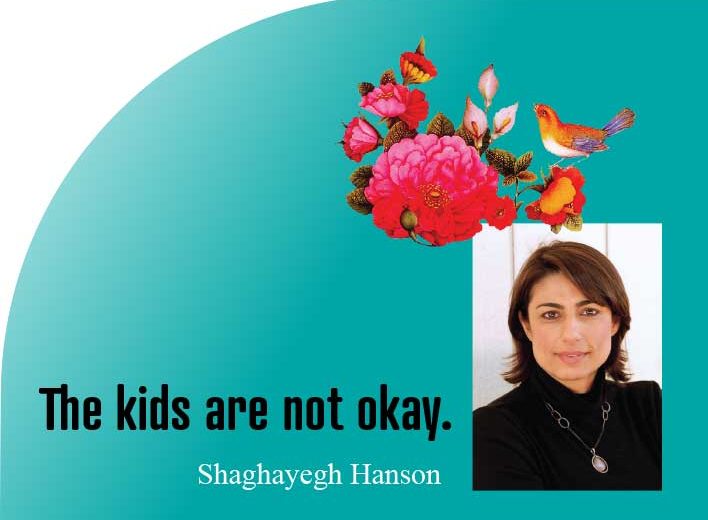Shaghayegh Hanson
On the big-picture front, things were looking up. COVID was abating, Spring was arriving, and we all deserved a renewal of our spirits. Then Vladimir Putin decided this was a great time to flip off the current world order by invading Ukraine. Not that the world order was in pristine shape to begin with, but at least we were in a familiar holding pattern. Some of us tried to quell this new assault on our nervous system, just for a few hours, by turning to one of our favorite modes of escapism, the Oscars. Alas, it was not to be, as we watched our Fresh Prince slap one of our Kings of Comedy, turning our respite into a kind of dystopian nightmare. For the umpteenth time, I turned on my favorite season of The Great British Bake-Off, the metaphorical “break glass in case of emergency” button on my remote.
Developments since the onset of these two events have me dabbling in a bit of amateur philosophy, namely, the role of mercy in modern society. Mercy means “compassion or forbearance shown especially to an offender or to one subject to one’s power” or “compassionate treatment of those in distress.” (Merriam-Webster) It’s not a word you often see, but it kept popping up in my head as I saw people’s reactions to both the Ukrainian refugees and the slap. And what I concluded, sadly, was that mercy is in short supply these days.
Regarding the slap, most people, including Smith himself, agreed it was wrong and that he should suffer appropriate consequences. It was apparent to me that Smith was behaving out of character and probably needed to address some personal, deep-seated issues indiscernible to us, the public. Which is why I was taken aback by how quick people were to denounce not only the act, but also the man, and then justify that reaction by adding their own self-serving context to the incident. From Fox News claiming the Oscars was not “the ‘hood’” to Kareem Abdul-Jabbar’s opinion piece stating Smith “advocated violence, diminished women, insulted the entertainment industry, and perpetuated stereotypes about the Black community” to people relinquishing their decades-held fandom for Smith, the backlash verged on cruelty. Was there no place for mercy in this public square of rapid-fire opinion? Are we so righteous, our sensibilities so fragile, and our admiration of a beloved entertainer so hollow that one slap in a moment of passion justifies a verbal stoning?
At least mercy was being shown towards the Ukrainian refugees, was it not? They were being welcomed with open arms all around Europe and other countries, like the U.S. While my heart was warmed, my mind was unsettled. It became increasingly obvious that these refugees were being portrayed more sympathetically— and treated far more humanely—than refugees fleeing for the same reasons from other parts of the world. In Europe, countries that had claimed there was no space for Syrian or other types of refugees applied an open border policy to masses of Ukrainians. As one scholar put it, “we cannot underestimate a much more raw and tribal response, and that far too many of us in Europe simply saw refugees when they saw Ukrainians, because they were white and of Christian heritage.” He continued, “For a continent that tries to pride itself on the superiority of pluralism over bigotry, following the awful experiences of the Holocaust, of the Bosnian genocide, and civil rights struggles across the continent and the West more generally, it’s a sad reminder that far too many of us continue to be immensely tribal and racist.” At our San Diego border, Ukrainians were being processed more swiftly than their black and brown counterparts, prompting one refugee advocate to say, “The little boy from Ukraine is a hero, but what of the 11-year-old from Haiti? Skin color unfortunately is a major factor in who gets protected … Why do we have to continuously beg for validation of our humanity?”
In ways big and small, and in circumstances of global significance or not, if we are to call ourselves “civilized,” surely we should be more merciful because “[a]n absence of compassion can corrupt the decency of a community, a state, a nation. Fear and anger can make us vindictive, abusive, unjust and unfair, until we all suffer from the absence of mercy and we condemn ourselves as much as we victimize others.”


